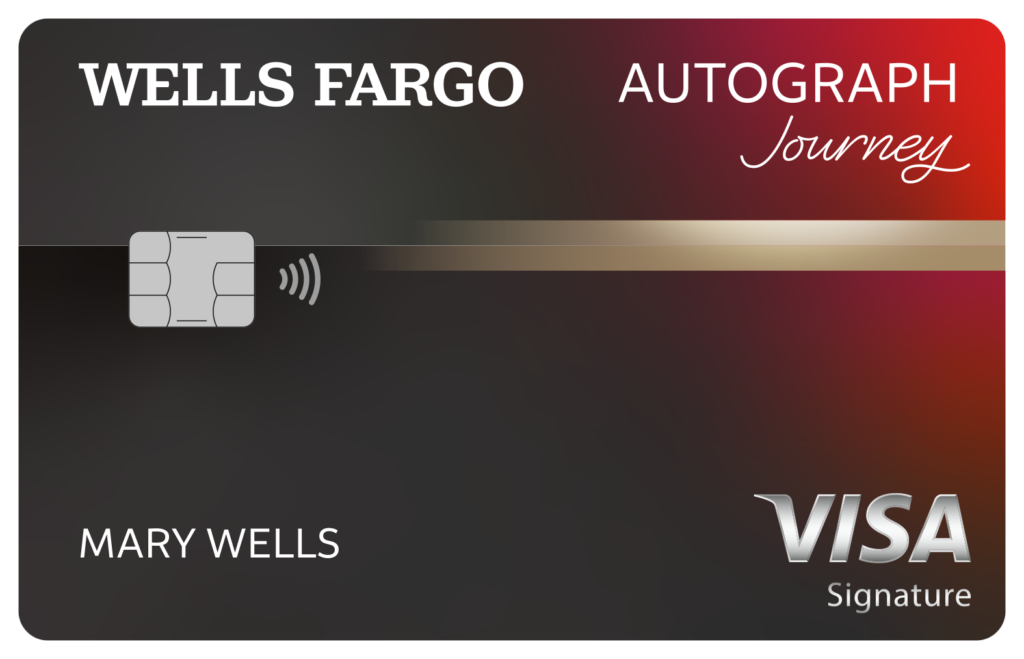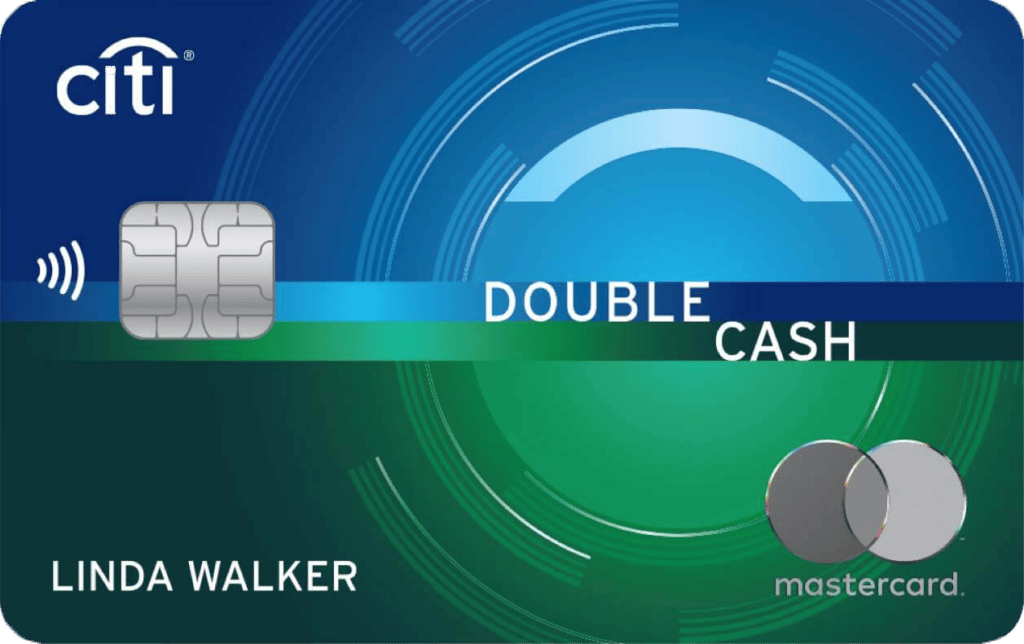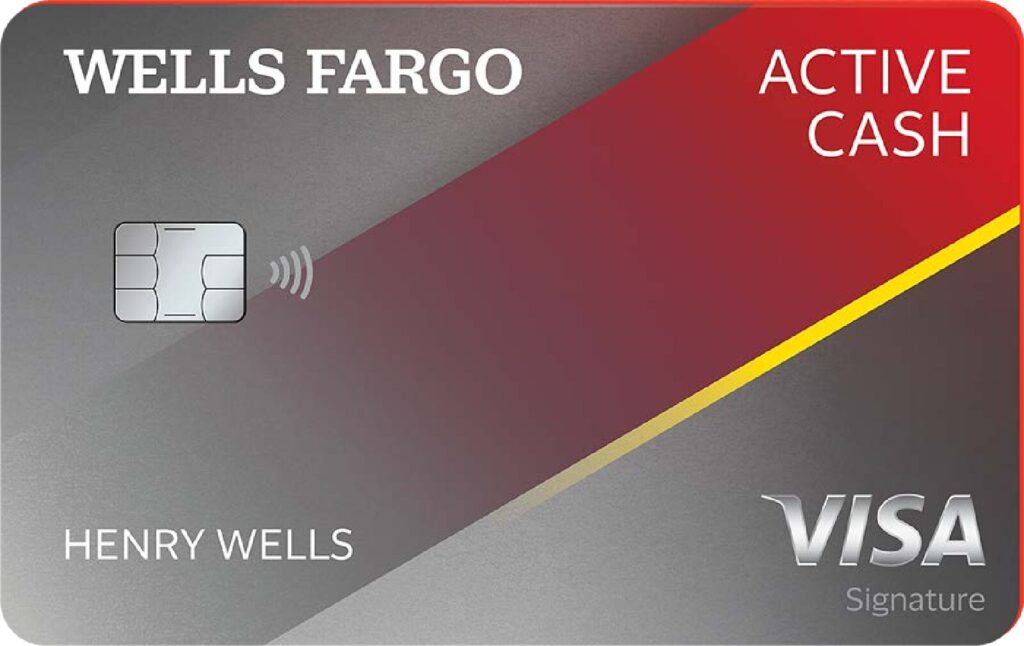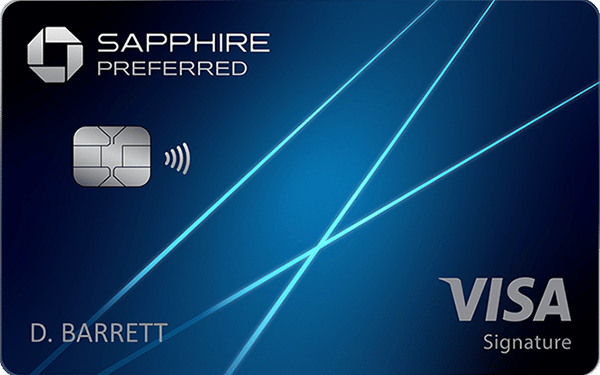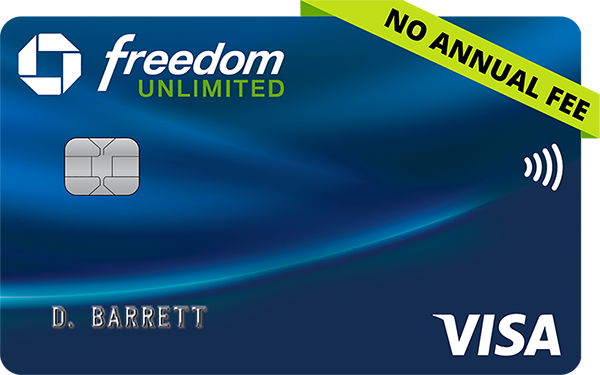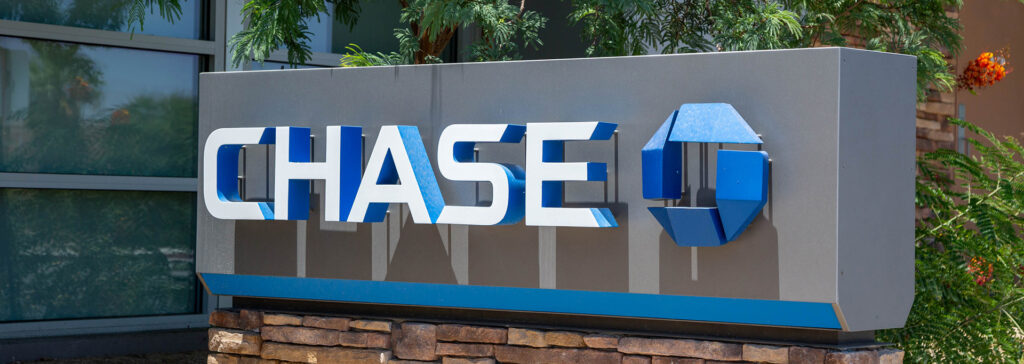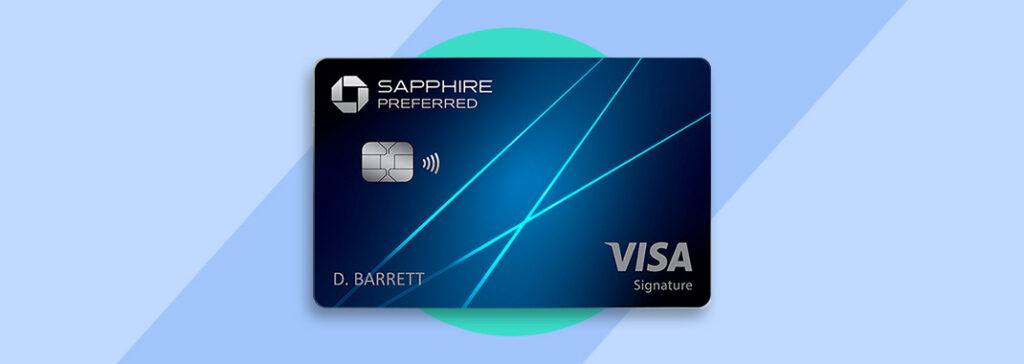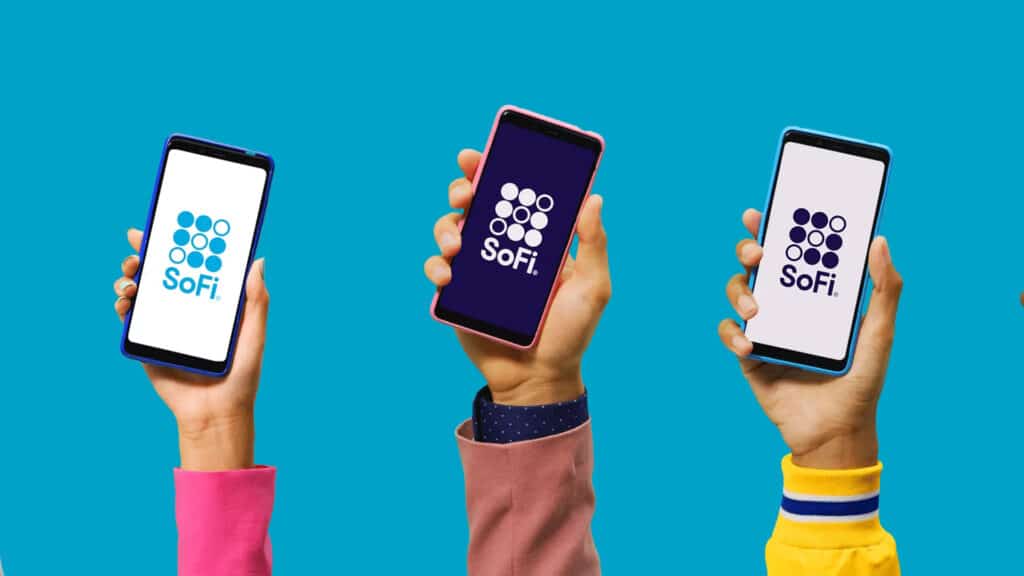Most products on this page are from partners who may compensate us. This may influence which products we write about and where and how they appear on the page. However, opinions expressed here are the author's alone, not those of any bank, credit card issuer, airline or hotel chain. Non-Monetized. The information related to Chase credit cards was collected by Slickdeals and has not been reviewed or provided by the issuer of these products. Product details may vary. Please see issuer website for current information. Slickdeals does not receive commission for these products/cards.
A high credit score can significantly improve your financial situation—from qualifying for a loan to lower interest rates and other financial opportunities. If you're a parent, teaching your children how to handle credit responsibly is critical to helping them build a healthy financial foundation for later in life. Here are a few options to help your child build credit early and manage money responsibly.
1. Add Your Child as an Authorized User on Your Credit Card

One of the easiest ways for your child to start building credit is to add them as an authorized user on your credit card as long as they meet your credit card issuer’s age requirement. Your child will have a card linked to your account as an authorized user. While authorized users can use the credit card just like the primary cardholder, they have no legal liability to pay off the debt.
Some credit card companies report authorized user activity to the credit bureaus, such as credit limit, the amount of credit used, and payment history. If no payments are missed, and the card is used responsibly, the authorized user could raise their credit score while learning good credit habits. However, missed payments or maxing out the credit card could have a negative impact.
Recommended Credit Cards
| Credit Card | Intro Bonus | Annual Fee | Rewards Rate | Learn More |
|---|---|---|---|---|
|
| 60,000
Earn 60,000 bonus points when you spend $4,000 in purchases in the first 3 months – that’s $600 toward your next trip. | $95 | 1x - 5xPoints
Earn unlimited 5X points on hotels, 4X points on airlines, 3X points on other travel and restaurants, and 1X points on other purchases. | Apply Now Rates & Fees |
|
| $200Cash Bonus
Earn $200 cash back after you spend $1,500 on purchases in the first 6 months of account opening. This bonus offer will be fulfilled as 20,000 ThankYou® Points, which can be redeemed for $200 cash back. | $0 | 2%Cashback
Earn 2% on every purchase with unlimited 1% cash back when you buy, plus an additional 1% as you pay for those purchases. To earn cash back, pay at least the minimum due on time. Plus, earn 5% total cash back on hotel, car rentals and attractions booked with Citi Travel. | Apply Now Rates & Fees |
|
| $200Cash Bonus
Earn a $200 cash rewards bonus after spending $500 in purchases in the first 3 months. | $0 | 2%Cashback
Earn unlimited 2% cash rewards on purchases. | Apply Now Rates & Fees |
|
| 75,000Chase Ultimate Rewards Points
Earn 75,000 bonus points after you spend $5,000 on purchases in the first 3 months from account opening. Dollar Equivalent: $1,500 (75,000 Chase Ultimate Rewards Points * 0.020 base) | $95 | 1x- 5xPoints
Enjoy benefits such as 5x on travel purchased through Chase TravelSM, 3x on dining, select streaming services and online groceries, 2x on all other travel purchases, 1x on all other purchases | Apply Now |
2. Get a Credit Builder Loan
Another option to help your child build their credit is with a credit builder loan. A credit builder loan usually doesn’t require any credit history, as they’re specifically designed to help build credit. Credit builder loans can give your child the opportunity to prove that they can consistently make timely payments.
The lender deposits a small loan into a savings account that’s paid back over six to 24 months. Credit builder loans are typically between $300 and $1,000, according to the Consumer Financial Protection Bureau. These payments are reported to the credit bureaus and held as collateral until the loan is paid in full. At the end of the loan term, your child can access the full loan amount.
Credit builder loans only help if payments are made on time every month. If a payment is missed or late, then the lender could report this to the credit agencies.
3. Co-Sign on a Loan
Being a co-signer on a loan can also help your child build a credit history. Even if you’re making all of the payments, it will still appear on their credit report. However, some lenders may not accept a minor as a borrower, even with a parent as a co-signer on the loan.
While co-signing on a loan can potentially help your child improve their credit score, it comes with risks. Once you sign the contract, you’re legally responsible for the entire loan amount if your child cannot pay.
4. Help Your Child Choose a Starter Credit Card
If your child is at least 18, they can get their own credit card to start building credit. It requires a lender to run a credit check, so if their credit history is sparse, it may limit their options when it comes to cards. Your child may have better luck getting approved for a secured credit card or a student credit card.
Because cardholders are required to make a small security deposit with the lender, secured credit cards usually have more lenient requirements. If the card is managed well, the deposit is refunded. Student credit cards also come with flexible qualification requirements, but they typically come with lower credit limits until it's proven that they are responsible cardholders. They will also need to show proof of income until the age of 21.
Recommended No-Annual-Fee Credit Cards
| Credit Card | Intro Bonus | Rewards Rate | Learn More |
|---|---|---|---|
|
|
$200Cash Bonus
Earn $200 cash back after you spend $1,500 on purchases in the first 6 months of account opening. This bonus offer will be fulfilled as 20,000 ThankYou® Points, which can be redeemed for $200 cash back. |
2%Cashback
Earn 2% on every purchase with unlimited 1% cash back when you buy, plus an additional 1% as you pay for those purchases. To earn cash back, pay at least the minimum due on time. Plus, earn 5% total cash back on hotel, car rentals and attractions booked with Citi Travel. |
Apply Now Rates & Fees |
|
|
$200Cash Bonus
Intro Offer: Earn a $200 Bonus after you spend $500 on purchases in your first 3 months from account opening |
1.5% - 5%Cashback
Enjoy 5% cash back on travel purchased through Chase TravelSM, our premier rewards program that lets you redeem rewards for cash back, travel, gift cards and more; 3% cash back on drugstore purchases and dining at restaurants, including takeout and eligible delivery service, and 1.5% on all other purchases |
Apply Now |
|
|
$200Cash Bonus
Earn a $200 cash rewards bonus after spending $500 in purchases in the first 3 months. |
2%Cashback
Earn unlimited 2% cash rewards on purchases. |
Apply Now Rates & Fees |
5. Teach Them How to Manage Their Finances
Financial education is essential when preparing your child for life and helping them build a solid credit score. Teaching money management skills and financial literacy as early as possible, whether at the grocery store or by putting money into a savings account, helps ensure that these habits become a part of your child’s daily life.


